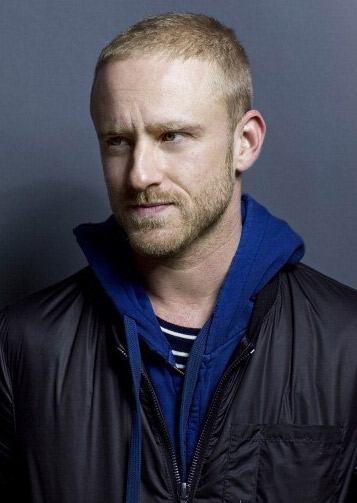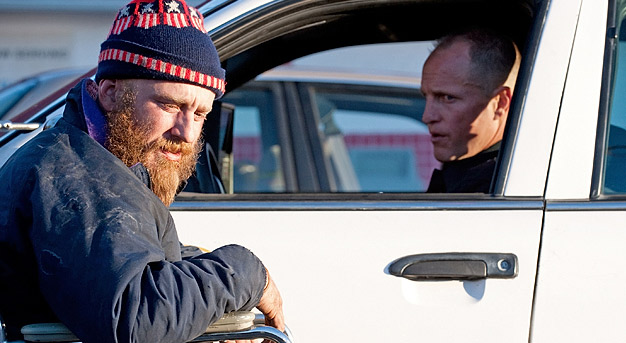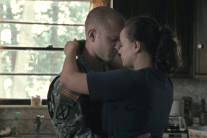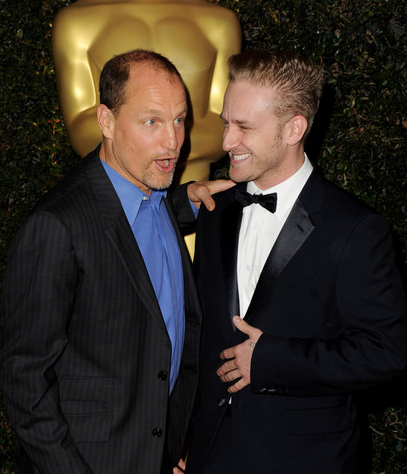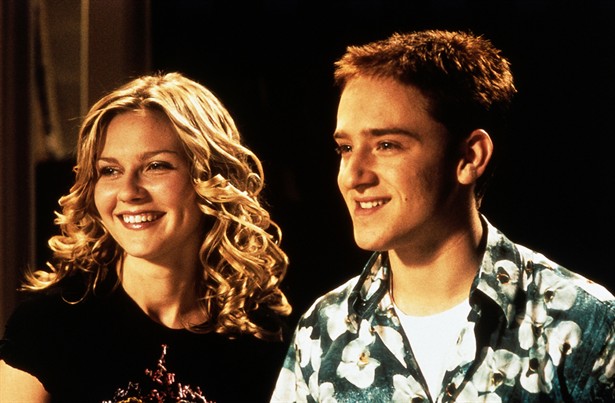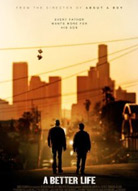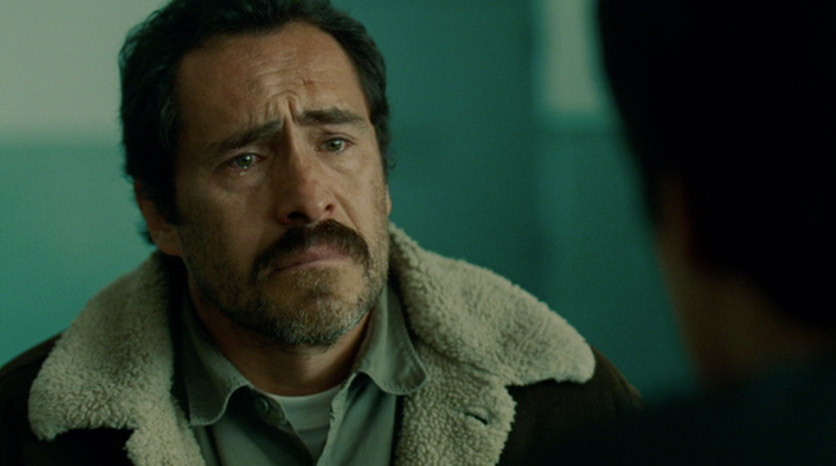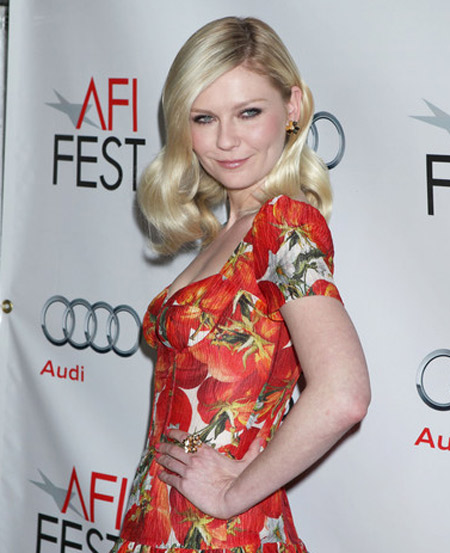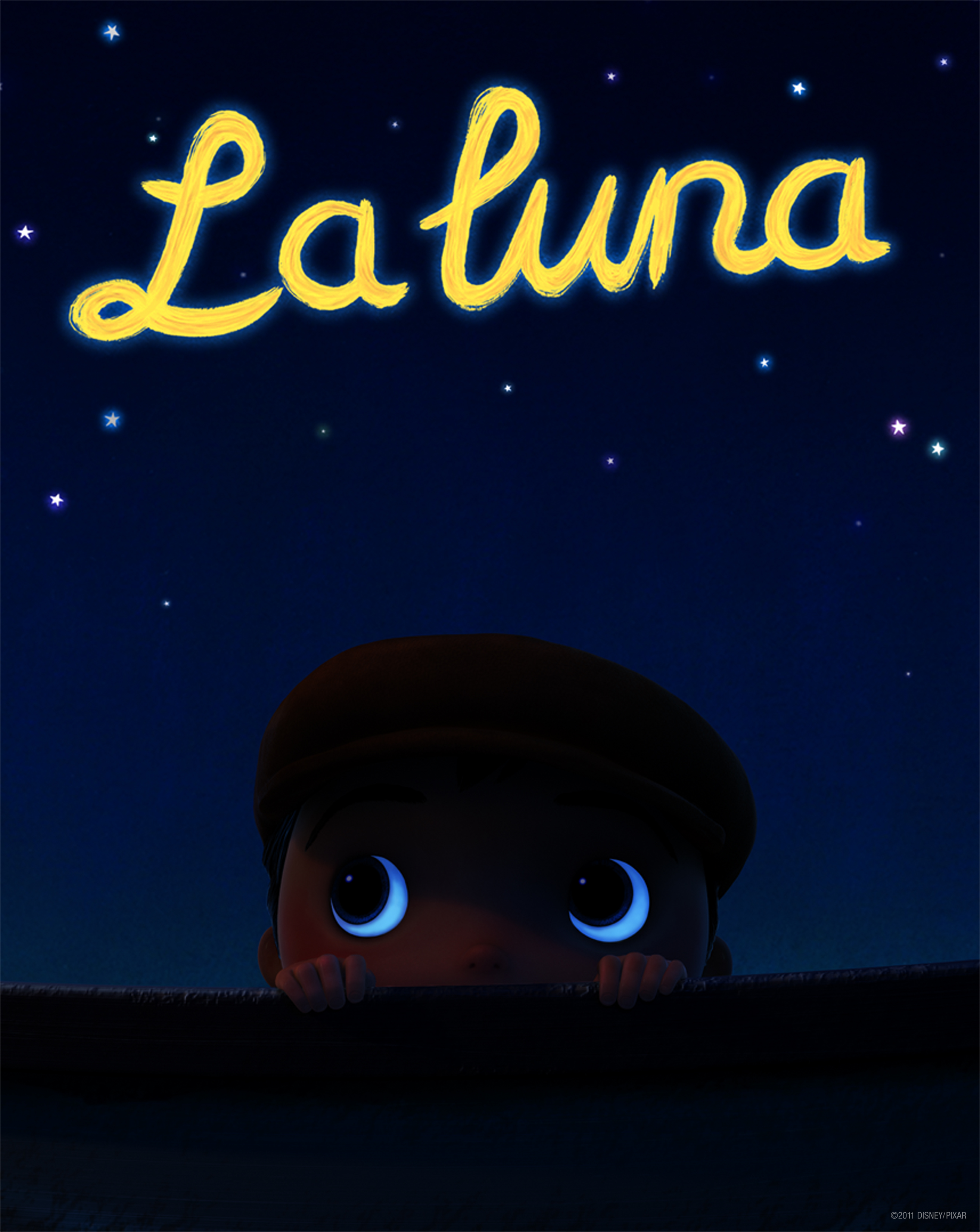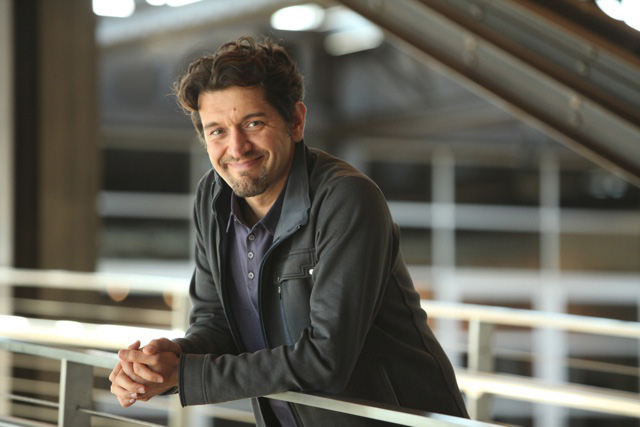Mike Mills on "Beginners" and Making Stories About Ourselves.
 Tuesday, November 29, 2011 at 6:46PM
Tuesday, November 29, 2011 at 6:46PM 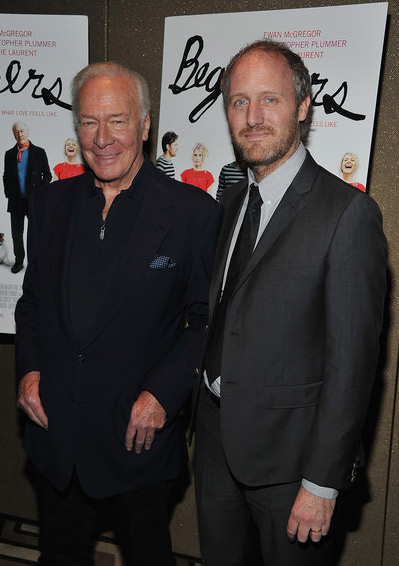 Christopher Plummer and Mike Mills promoting "Beginners"Sometimes the beginning of awards season offers pleasant surprises. Such is the case with Beginners, one of the year's best films, which recently debuted on DVD and is now suddenly on the shortlist of potential Oscar contenders with early and surprisingly robust attention from both the Gotham Awards where it won the top prize and the Independent Spirit Awards (3 nominations including Best Feature).
Christopher Plummer and Mike Mills promoting "Beginners"Sometimes the beginning of awards season offers pleasant surprises. Such is the case with Beginners, one of the year's best films, which recently debuted on DVD and is now suddenly on the shortlist of potential Oscar contenders with early and surprisingly robust attention from both the Gotham Awards where it won the top prize and the Independent Spirit Awards (3 nominations including Best Feature).
I had the opportunity to speak with writer/director Mike Mills recently about Beginners, his second feature. The film famously draws heavily from Mills' own life to depict the relationship between a lonely artist named Oliver (Ewan McGregor) and his gay father Hal (Christopher Plummer) who comes out late in life shortly before succumbing to cancer. Oliver does his own romantic soul searching with an actress named Anna (Melanie Laurent) after his father's death.
The film moved me deeply this past summer and I told Mills as much as we began to talk. I had just rewatched the film on the morning we spoke.
NATHANIEL: It's so fresh in my memory, but how about you? Have you watched the movie recently?
MIKE MILLS: No. You know, most of my friends are filmmakers. A lot of filmmakers I know, we never watch our films after they're done. They're like old lovers or old worlds we were in. Since I premiered it at Toronto in 2010 I haven't watched the whole thing straight through. I watch parts of it and when I do Q&As I end up watching the end a lot or I peek in. Parts of it are tolerable but watching the whole thing is slightly torturous. More than slightly torturous.
Because you've lived with it for so long?
MILLS: Yeah. I've seen it probably a hundred times in making it. It's not the same experience for me, obviously, as it is for the audience. I'm thinking of all the strings behind the puppets. Maybe in a few years. It's strange. It's kind of sad. My wife [Miranda July] doesn't -- I have a lot of director friends and none of us look at our movies.
Well, Beginners is also so autobiographical. So is it at all harder to watch for that reason, than say your first feature Thumbsucker?
MILLS: It's not -- well, I don't think so. While it is very autobiographical by the time I've written it, turned it into a story, cast Christopher and all these people, it is a story for me; it's not 1 to 1. For me, I'm the most aware of how much it is not my life. But having said that, I do watch the end a lot. So often, I watch Hal die. I've watched Hal die so many times. The section right after that where it talks about what you do when someone passes away, there are some very real things in there. The daisies at the end -- there's a black and white photo of daisies. That's my mom's photo. That part can really hit me. One, it reminds me of my mom. Two, 'whoa! I put something incredibly intimate and vulnerable in this very public thing.' It almost surprises me every time that it's in there.
 "They're just personal photos, they're not art."
"They're just personal photos, they're not art."
I was going to ask. It feels so personal. The very specific can become universal of course. But on the other hand, we are aware that it's based on your life. So...
I'm very happy to remember my dad. It's not like a painful thing. Even his death and even his illness and all of that, we had a lot of great times around that. We had more closeness than we had ever had. So most of the stuff I'm showing you in the film are positive memories, things I enjoy being around. To be honest, most of the stuff with the dad... I pretty much wrote down things my father said to me to the best of my memory. But by the time you've put it in a different place, you've put it into a larger fictional context, and you have Christopher saying it, I really don't go "oh, that's my pop". Do you know what I mean?
But those flowers slap me in the face. They kind of sneak up on my every time. I worked on the father stuff so much and I got really used to thinking of it as the weird hybrid of personal and story.
[more on his fine screenplay, his art, and working with Oscar-buzzing Christopher Plummer]



